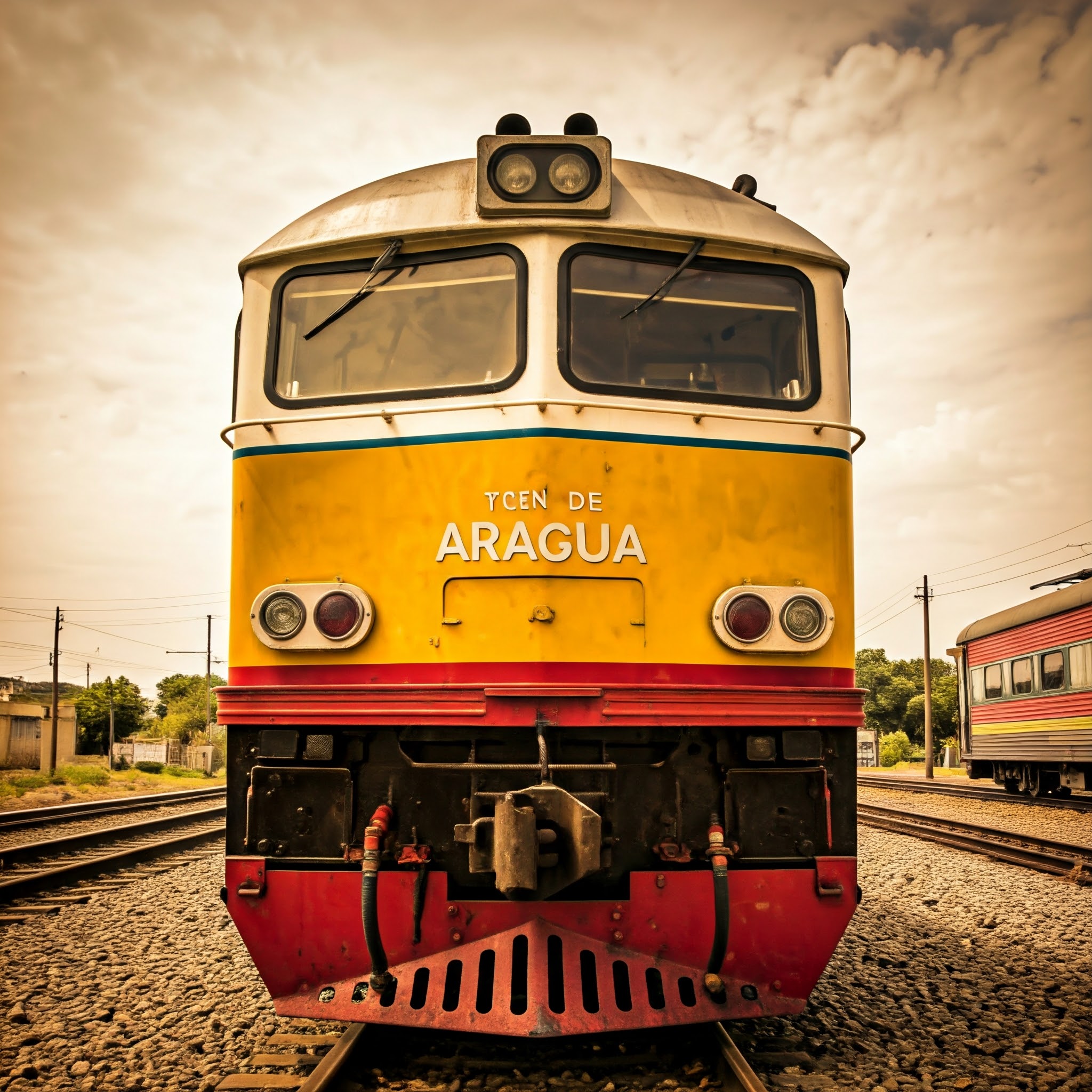In a recent conversation, President Donald J. Trump and El Salvador’s President Nayib Bukele emphasized their commitment to fighting illegal immigration and dismantling transnational criminal organizations, particularly the Tren de Aragua.
Origins and Expansion of Tren de Aragua
The Tren de Aragua, originating in Venezuela, has evolved from a prison gang into a major transnational criminal organization. Initially operating within Venezuelan prisons, the gang expanded its influence beyond national borders, establishing a presence in various countries across the Americas.
Formed around 2009-2010 in Aragua, Venezuela, the Tren de Aragua criminal organization operates across numerous countries in the Americas, including Bolivia, Brazil, Chile, Colombia, Costa Rica, Ecuador, Peru, Panama, the United States, and Venezuela.
Activities and International Reach
The gang is involved in a myriad of illicit activities, including drug trafficking, extortion, kidnapping, and human trafficking. Its operations have been identified in countries such as Chile, Peru, and Colombia, and there are reports of its presence in the United States. In Chile, authorities have intensified efforts against the gang following the assassination of a Venezuelan dissident, allegedly orchestrated by Tren de Aragua members.
U.S. Response and Sanctions
In response to the growing threat posed by Tren de Aragua, the U.S. Department of the Treasury designated the gang as a transnational criminal organization in July 2024. This designation aims to disrupt the gang’s financial networks and impede its operations.
Collaborative Efforts to Combat Transnational Gangs
The discussion between the two presidents underscores the importance of international collaboration in addressing the challenges posed by transnational gangs. By sharing intelligence, coordinating law enforcement efforts, and implementing joint strategies, nations can more effectively counteract the influence of organizations like Tren de Aragua.
In conclusion, the commitment of leaders to tackle the menace of transnational gangs is crucial. Through sustained cooperation and decisive action, it is possible to mitigate the threats these organizations pose to regional stability and security.

